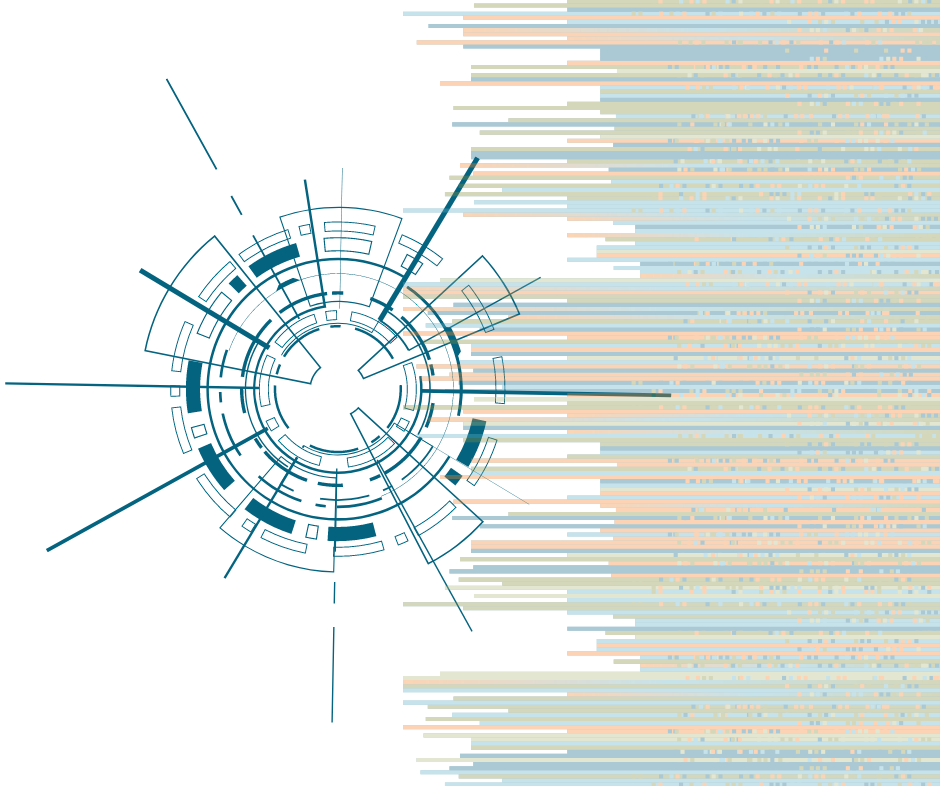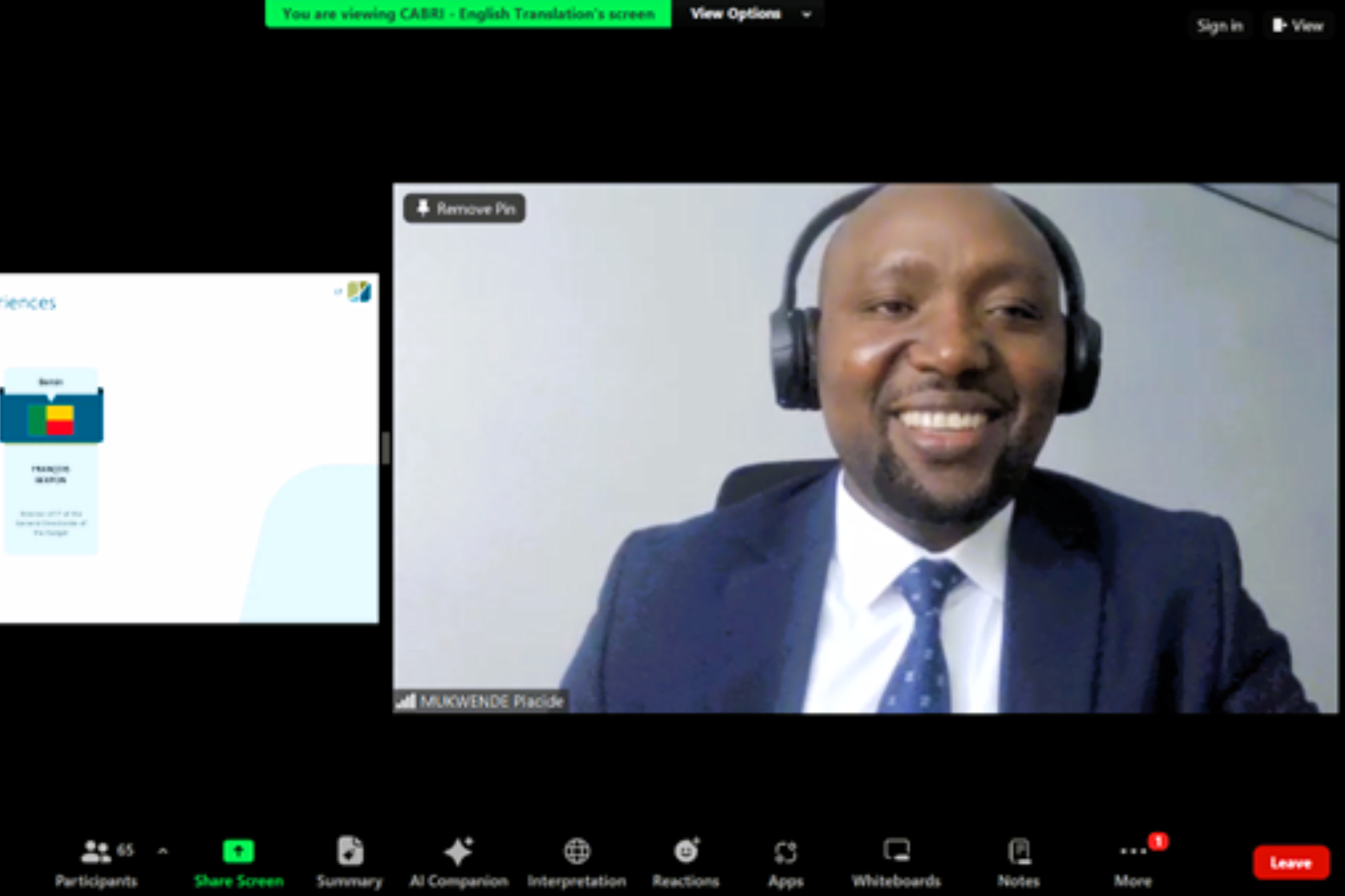Unlocking Potential : Launch of CABRI's New Programme to Enhance Digital PFM in Africa

Across Africa, governments are exploring ways to improve service delivery and internal systems using digital technologies. These digital reforms take significant time, political capital and funding to implement (Long et al 2023). Too often, implementation of the digital system becomes the focus, rather than the improvement the reform is intended to bring about (Cangiano et al 2017). Typically, the goal is not simply to digitise a system, but rather to digitalise – to ensure that the processes are improved and the right data is used to improve services to the population.
Ministries of finance (MoFs) play an important role in ensuring digital reforms are impactful. Firstly, as a ‘consumer’ of reforms, MoFs strive to digitalize Public Financial Management (PFM) systems to improve efficiency, transparency and ultimately quality of public sector spending. Secondly, MoFs play a ‘facilitator’ role in digital reforms of line ministries, as they support how reforms are funded, procured and monitored.
That means MOFs are becoming Digital Transformation champions, which was not the core of their activity until recently. A lot of the research insists on the importance of an adaptative, modular, agile approach instead of implementing a wholly-planned out system that “does it all”. However it is still unclear how, in practical terms, those digital transformation projects should be managed.
The Collaborative Africa Budget Reform Initiative (CABRI) is launching a new work area to support our member countries in their digital journeys. The “Enhancing Digital PFM in Africa” work will collect practical experiences from African countries on their journey to digitalize PFM and improve efficiency and effectiveness of public spending and service delivery, complementing on-going work by the Overseas Development Institute (ODI), International Monetary Fund (IMF) and other institutions and think tanks.
Programme
Presentations
Speakers

Dr Kay Brown

Giselle Hadley



